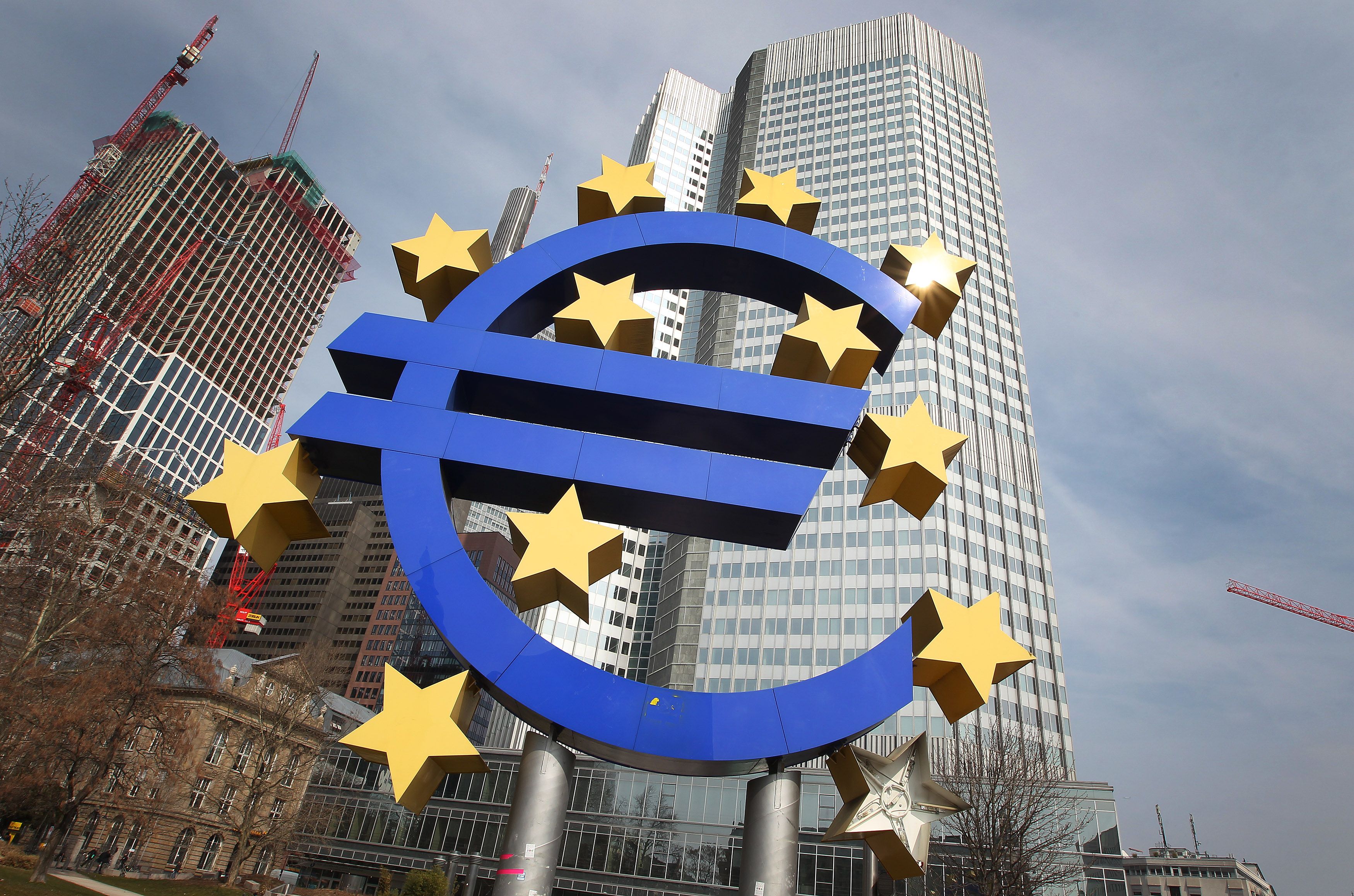
When the United Kingdom joined the then-European Economic Community in 1973, it was at the rearguard of European integration. The question raised by the UK’s upcoming referendum on continued European Union membership is whether Britain is now at the forefront of Europe’s disintegration.
The issue has little to do with the insignificant accord that Prime Minister David Cameron recently reached with his EU colleagues. Indeed, it is hard to believe that this agreement will determine Britain’s fateful choice in June. The fundamental issue is whether EU membership still yields large enough benefits to outweigh the loss of sovereignty that it entails.
This is not a matter for discussion in Britain only. For many in the EU, however, it is a very difficult question to ask, because Europe remains emotionally loaded. Only in Britain could a cabinet minister from the same party that brought the country into the EU call for exiting it. No mainstream German, French, or Spanish politician would dare discuss the matter openly, let alone advocate divorce.
But the question cannot be ignored. In most EU countries, large segments of public opinion are dissatisfied with the Union and increasingly sympathetic to nationalistic appeals. In response, many politicians pay lip service to Europe while emphasizing purely national solutions. This inconsistent – and often simply cynical – stance has mired Europe in an unhappy equilibrium: It cannot move backward, it cannot move forward, and it satisfies no one.
One hopes that the fierce EU membership debate, now that it has begun, will be honest enough for everyone to learn from it. In particular, the economic benefits of EU membership are a matter for serious discussion.
Economists describe regional integration as a tradeoff between economies of scale and the diversity of preferences. By joining, countries gain efficiency and influence, at the cost of having to settle on policies that do not exactly match their choices. For example, businesses get access to a larger market, and consumers benefit from lower prices, but regulations are less attuned to their liking. It is like sharing an apartment: you reduce your costs, but you have to adapt to your roommates’ habits.
In Europe, preferences today are arguably much less dissimilar than they were a few decades ago. Former British prime minister Margaret Thatcher and former French president François Mitterrand were much further apart ideologically than their current successors. True, the British are still more inclined toward free markets than the French, but the gap between them has become much narrower. There is no factual basis for claiming that we have become unhappier roommates since the 1980s.
Nor has the EU ventured into domains where it produces no value added. The first Cameron government launched a review of EU competences in 2012 to determine which lie with the EU and which with the UK. A comprehensive public consultation and 32 thorough reports later, the audit has not resulted in any request for significant competence repatriation.
Perhaps for this reason, Brexit advocates often focus on the diminishing benefits of regional integration and claim that Britain would be much better off playing its cards alone. Why bother negotiating with continental partners, when the UK can trade with the whole world? Aren’t small, open economies like Singapore thriving?
There are serious objections to this argument. For starters, free trade suffices for selling shirts, but trade in services requires detailed legislation and institutions (such as sector-specific authorities) to enforce it. Absent a comprehensive regulatory apparatus, financial or health-care services, among others, cannot be traded.
So the notion that all that is needed is to eliminate tariffs and bureaucratic red tape is pure fiction. The UK, which is strong in services, needs the institutional framework of the EU single market much more than, say, Poland, which is stronger in goods.
Second, the global trading framework is itself in serious trouble. The Uruguay Round, the latest global trade agreement, was completed in 1994. Its putative successor, the Doha Development Round, has not been completed and probably never will be. Global trade increasingly relies on bilateral or regional arrangements. According to the World Trade Organisation, 267 such agreements are in force, including 49 involving the EU. Contrary to popular perception, globalization has not made regional arrangements irrelevant; on the contrary, it largely relies on them.
Furthermore, globalization is in fact fragile – and increasingly so. American leadership buttressed it in the decades after World War II; but the United States no longer regards itself as the guardian of multilateral rules. The US effort to create two mega-regional free-trade zones – the Trans-Pacific Partnership and the Transatlantic Trade and Investment Partnership, neither of which includes China – is indicative of America’s priorities. And the other big players, from China to the commodity producers, are not shy about wielding their economic power.
For all its weaknesses, the EU is a big economic player that participates in shaping the world around it. As a standard-setter, a negotiator, and a rule enforcer, it has considerably more influence than its opponents recognize. Because it is itself based on rules, it is the strongest champion of rules-based economic interdependence. For these reasons alone, to dispense with it would be an adventurous gamble.
If rational arguments do not support leaving the EU, why has the question arisen? In part, it is because the EU has disappointed. But this is an argument for reforming it, rather than leaving it. In part, it is because transnational democracy has not delivered. But the answer is not to give up on it, but to make it work. In part, it is because the emotional glue binding Europe together has dried up. But this a reason to make change, not to pander to parochialism. - Project Syndicate